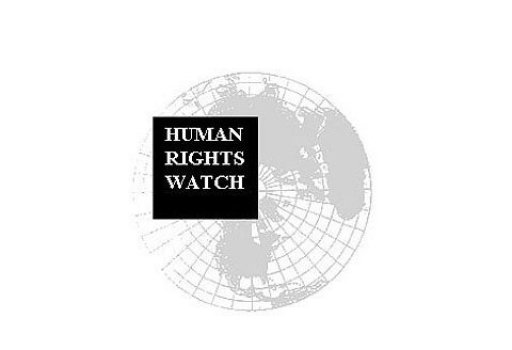Egypt’s first law for combating illegal immigration “is a positive step”, as it does not consider migrants criminals, Human Rights Watch (HRW) said in a statement on Thursday, adding that the law does not grant protection for migrants.
The law was approved by parliament in October after it was drafted by the cabinet in 2015, and was passed on to parliament for discussion in June 2016.
HRW welcomed that the law does not hold migrants or asylum seekers criminally accountable, and only criminalises the traffickers.
The law imposes tough penalties against traffickers or “brokers”, including harsh prison sentences and fines ranging from EGP 200,000-500,000. It also labels migrants as victims, not criminals.
Article 27 of the law stipulates that migrants will not be deported back to their countries, in case they commit any punishable crime by Egyptian law.
HRW said that this article is unclear on how the migrants will be prosecuted and the type of punishment they would face.
Joe Stork, deputy Middle East and North Africa director at Human Rights Watch, said: “Punishing human smugglers is an important element for protecting asylum seekers and migrants against abuses. But refugees remain vulnerable unless their fundamental rights are protected.”
The statement criticised that the law does not protect migrants, which could subject them to risk, explaining that the law did not clarify how migrants will be treated in cases of deportation, and where and how they will live.
Therefore, HRW called on the parliament to amend the law, or to issue another legislation that focuses on protecting the essential rights of refugees, in order to protect them from risk.
The law was criticised by some parliament members for not solving the issue of illegal immigration.
There has been an increase in the number of refugees in the region due to political conflicts spreading across the Middle East and Africa. This has led to an increase in human trafficking across Egypt’s borders recently.
Parliament intensified its efforts to discuss the law, following the boat that capsized off the coast of Rashid in Beheira governorate while heading to Europe, leaving 202 people dead.

